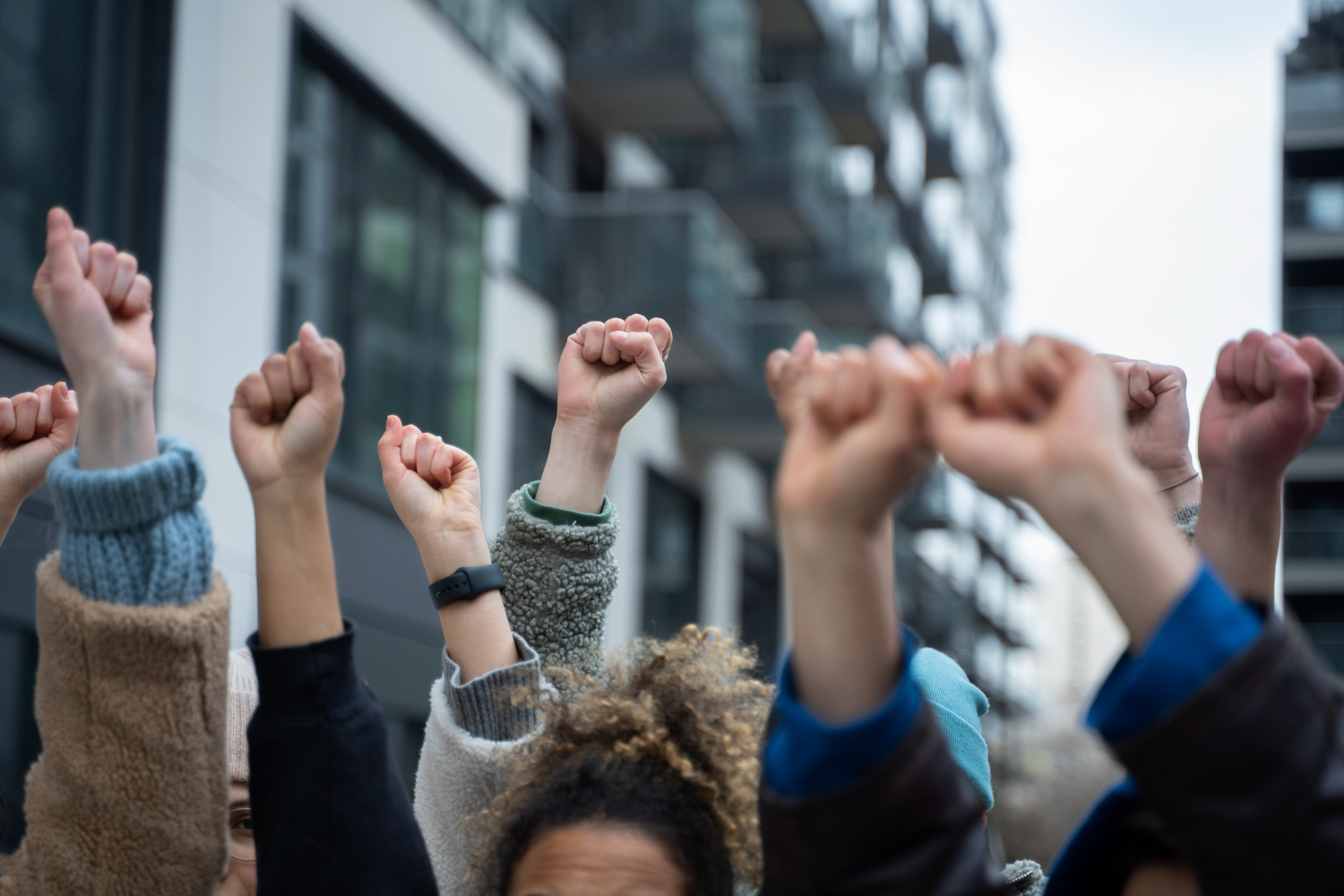Introduction:
The inauguration of Javier Milei as Argentina’s new president has ignited a wave of protests in Buenos Aires. Milei, a radical libertarian economist, vowed to implement drastic economic measures to revive the country’s struggling economy. However, his policies, which include privatization of state-owned companies and the removal of workers’ rights, have been met with opposition from citizens and opposition groups. This article will delve into the details of Milei’s economic policies and the growing discontent among the people.
Milei’s Controversial Economic Decree Triggers Backlash
Thousands of protesters took to the streets of Buenos Aires in response to President Javier Milei’s emergency decree, which outlined a series of contentious economic measures. Milei’s plan includes the privatization of state-owned companies, the elimination of workers’ rights, the lifting of export limits, and changes to housing rental and land ownership laws to encourage foreign investment. The president defended his decree as a necessary step towards rebuilding the country’s economy, plagued by high inflation and widespread poverty.
Mixed Reactions to Milei’s Policies
Supporters of Milei’s radical economic agenda, often compared to the right-wing leaders Donald Trump and Jair Bolsonaro, expressed enthusiasm for the president’s proposed changes. However, opposition groups and ordinary citizens voiced their discontent, with many banging pots and pans from their balconies in protest. Critics, including leftist figures and former presidential candidates, labeled Milei’s decree a “battle plan against working people” and urged a nationwide strike. The opposition accused Milei of bypassing the congress through the emergency decree, raising concerns about the legality of his actions.
Growing Anger and Spontaneous Protests
Prior to Milei’s televised announcement, a smaller anti-Milei protest had already taken place in Buenos Aires. The demonstration attracted a significant police presence, reflecting the government’s determination to suppress road-blocking protests. However, Milei’s decree intensified the anger among the protesters, leading to a larger and more spontaneous expression of discontent in the Plaza del Congreso. Participants used kitchen utensils, whistles, and national flags to voice their opposition. Critics argued that the new restrictions on protests were an infringement on civil liberties and likened the situation to an undeclared state of siege.
Conclusion:
Javier Milei’s radical economic policies have ignited protests and sparked a wave of dissent in Argentina. While his supporters view his measures as necessary for economic recovery, opposition groups and ordinary citizens have condemned the decree, accusing Milei of targeting working people and bypassing democratic processes. The ongoing protests and growing discontent reflect the deep divisions within Argentine society over the direction of the country’s economy. As the situation unfolds, it remains uncertain whether Milei’s policies will bring the desired changes or further exacerbate the economic and social challenges faced by Argentina.
FAQs
Q: What are the key economic measures proposed by President Javier Milei that triggered protests in Argentina?
A: President Javier Milei’s economic measures include the privatization of state-owned companies, the reduction of workers’ rights, the lifting of export limitations, and changes to housing and land laws to attract foreign investment.
Q: Why did opposition groups and citizens protest against Milei’s decree, and what were their main concerns?
A: Opposition groups and citizens protested against Milei’s decree, citing concerns about it being a direct assault on the working class, bypassing democratic processes, and limiting civil liberties.
Q: How did the public express dissent against Milei’s economic policies in Buenos Aires?
A: Public dissent took various forms, including street demonstrations, citizens banging pots and pans from their balconies, and spontaneous protests in prominent areas like the Plaza del Congreso.
Q: What were the comparisons made regarding the impact of Milei’s policies on civil liberties in Argentina?
A: Critics likened the limitations on protests, resulting from Milei’s policies, to an infringement on civil liberties, drawing parallels to an undeclared state of emergency.
Q: Amid the protests, what is the primary concern regarding the potential outcomes of Milei’s economic policies?
A: The primary concern amid the protests is the uncertainty regarding whether Milei’s policies will genuinely aid economic recovery or further aggravate Argentina’s economic and social challenges.
